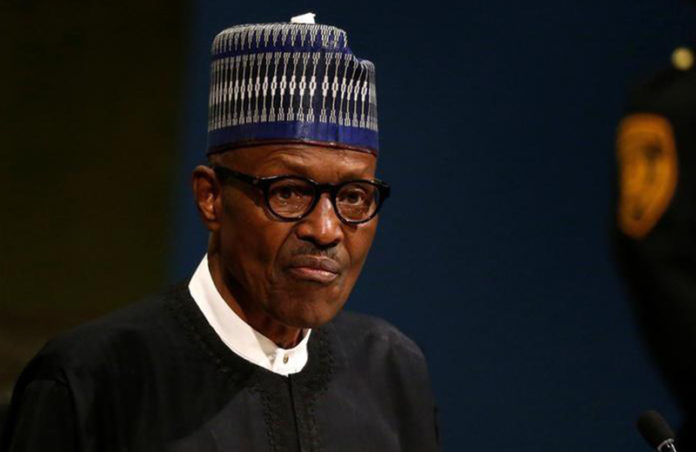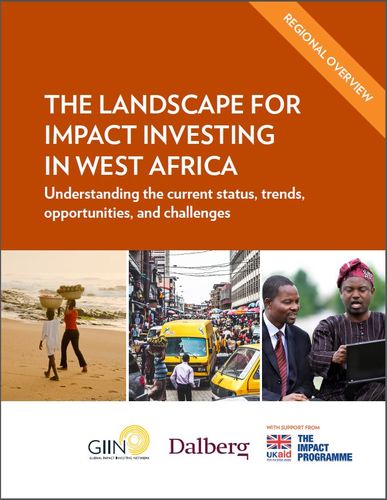Why is Nigeria So Anti-Tech?

The Nigerian federal government has, within the last 12 months, enacted a series of bans and restrictions across a country that has one of the most vibrant tech ecosystems in Africa.
Africa’s most populous country has a booming tech industry and was the incubator for 4 of the 5 unicorn startups in Africa, all of which have tech-related business models. The country also provides an attractive destination for international tech, with companies like Google often launching digital initiatives for Nigerians to take advantage of.
According to African Arguments, Nigeria’s startup industry alone saw the accumulation of over $400-million in investments and provides one of the country’s few beacons of hope for young people who wish to escape the mire of poverty and unemployment.
And yet its government, more specifically the administration of President Muhammadu Buhari, seems to be bent on clamping down on the sector. An aspect that continues to puzzle Nigerian media, given that the country has seen to the launch of innovative tech like the eNaira digital currency.
In August, the Central Bank of Nigeria (CBN) froze the accounts of four major fintech platforms in the country, claiming that they were operating without a license and trading unethically sourced foreign currencies. The same month saw the Nigerian Information and Technology Development Agency (NITDA) propose the introduction of new tax levies and licensing fees specifically for tech companies, as well as prolonged prison sentences for those that don’t pay.
Two months earlier in June, the Federal Government asked the House of Representatives to pass a law that would enable the Nigerian Broadcasting Commission (NBC) to control all forms of internet broadcasting and social media weeks after the country’s total ban of Twitter – whose CEO is an outspoken ally of Nigeria’s tech space.
Many Nigerian users believe that this was a further attempt to stifle the country’s civic space – effectively crippling free speech and public dissent online.
Another puzzle is Nigeria’s reluctance to launch 5G mobile internet services in the country.
While contemporaries like Kenya and South Africa already enjoy the super-fast internet speed and connectivity provided by the technology, Nigeria has lagged due to regulations and a bloated spectrum auctioning process. In May of 2020, the Nigerian Communication Commission (NCC) stated outright that it had not issued any licenses to telecoms in the country for 5G spectrum.
In July 2021, Nigerians were still waiting on the Federal Government to approve the technology’s deployment even as the NCC claimed it was ready for the rollout. Approval finally came in September, but now Nigerian users will have to wait until the spectrum auction is held and completed with the government expecting to rollout 5G in January next year.
Currently, Nigeria is undergoing a massive brain drain as its youngest and brightest minds flee their government’s draconian tech environment to ply their formidable skills in countries like Canada and Australia.
As John Babalola, political writer for Republic.com, put recently, “…for a lot of Nigerians, relocating abroad with little or no intent to return has become a life goal.”







